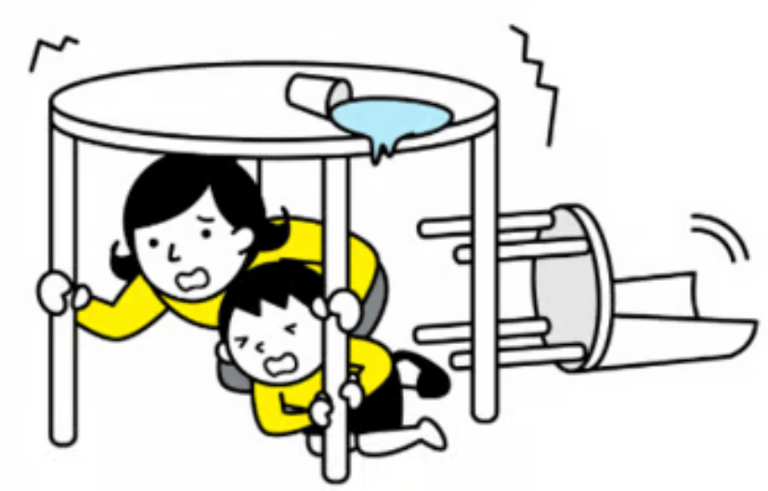Staying Healthy While Traveling
A little preparation can help ensure you feel your best throughout the event:
✔️ Pack Smart – Bring vitamins, immune boosters, essential meds, and warm clothing
✔️ Stay Clean – Keep hand sanitizer and wipes handy.
✔️ Mask Up – Masks are common in Japan, especially in busy areas.
✔️ Hydrate & Rest – Your immune system will thank you.
✔️ Listen to Your Body – If you're feeling unwell, take the necessary steps and seek medical advice.
If you feel sick outside of event hours and require emergency or ambulance assistance, it is best to contact the hotel directly.
*Please note that there are a limited number of medical institutions that can accommodate other languages, and you cannot choose which hospital you will be taken to. The hospital will be assigned based on your condition and the available language support.
The Japanese government provides a WEBSITE for foreigners with guidance on what to do if you fall ill. Japan National Tourism Organization (JNTO) operates a visitor hotline 24 hours a day, 365 days a year. Call for tourist information or assistance in the case of accidents and emergencies. Support is available in English, Chinese and Korean.


Emergencies During Daily Life
Earthquake
Wherever you are when an earthquake starts, take cover immediately. Stay there until the shaking stops.
If you are indoors: "DROP, COVER, HOLD ON"
· Stay inside.
· Drop under heavy furniture such as a table, desk, or solid furniture.
· Cover your head and torso to prevent being hit by falling objects.
· Hold onto the object that you are under so that you remain covered.
· If you can't get under something strong, or if you are in a hallway, flatten yourself or crouch against an interior wall.
· Stay away from windows, and shelves with heavy objects.
· Await further instructions from the Team/ Hotel / Venue.
· If instructed to evacuate the building, watch for falling debris, or electrical wires.
· Go to an open area away from buildings and electrical wires.
If you are outdoors
· Stay outside.
· Go to an open area away from buildings and electrical wires.
If you are in a vehicle
· Pull over to a safe place where you are not blocking the road. Keep roads clear for rescue and emergency vehicles.
· Avoid bridges, overpasses, underpasses, buildings or anything that could collapse.
· Stop the car and stay inside.
· Listen to your car radio for instructions from emergency officials.
· Do not attempt to get out of your car if downed power lines are across it. Wait to be rescued.
· Place a HELP sign in your window if you need assistance.
· If you are on a bus, stay in your seat until the bus stops. Take cover in a protected place. If you can't take cover, sit in a crouched position and protect your head from falling debris.
AVOID the following in an earthquake
· Doorways. Doors may slam shut and cause injuries.
· Windows, bookcases, tall furniture and light fixtures. You could be hurt by shattered glass or heavy objects.
· Elevators. If you are in an elevator during an earthquake, hit the button for every floor and get out as soon as you can.
· Downed power lines - stay at least 10 meters away to avoid injury.


Because of its location, Japan is frequented by natural disasters such as earthquakes. If you’re traveling to Japan, there is no need to fear – simply get the facts. So it’s important to be prepared, remain calm, and follow instructions. You are encouraged to download the app to receive the most up-to-date information. The Japanese government provides a Safety Tips for foreigners with guidance in case of emergencies. If you need assistance from your embassy in Japan, please refer to the contact information here.
